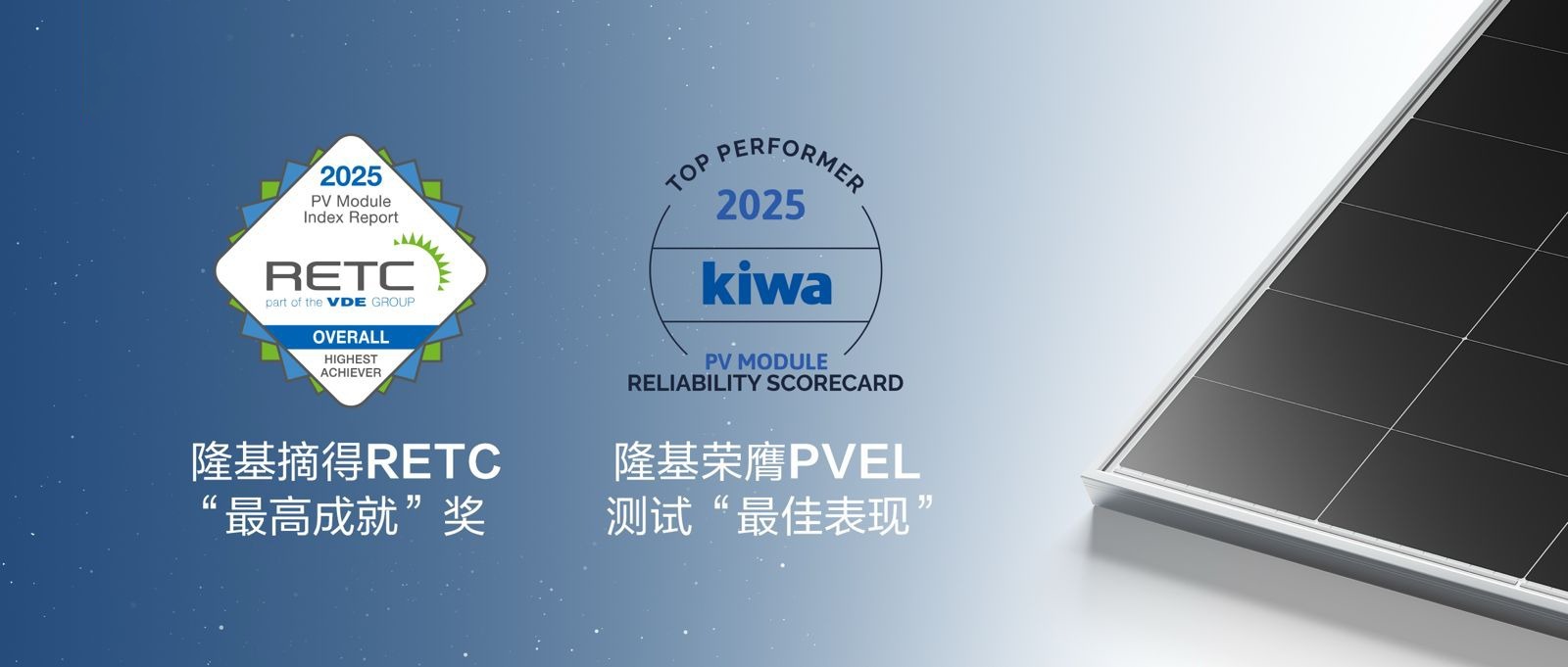LONGi Earns Global Recognition for Solar Reliability, Reinforces Commitment to Quality in Pakistan
As global demand for high-performance solar technology continues to rise, LONGi has once again secured top honors from three leading international certification bodies—RETC, Kiwa PVEL, and TÜV Rheinland—cementing its status as one of the most trusted names in solar energy.
In the 2025 testing cycle, LONGi was named an “Overall Highest Achiever” by the U.S.-based Renewable Energy Test Center (RETC) for the seventh year in a row, and earned the “Top Performer” title in the Kiwa PVEL PV Module Reliability Scorecard for the eighth time. These awards are based on rigorous performance tests that simulate years of real-world wear, including exposure to heat, moisture, mechanical stress, and power degradation.
In addition, LONGi’s Hi-MO X10 series received Class A certification from TÜV Rheinland for its shadow resistance, offering improved performance and safety in partially shaded conditions—especially relevant for rooftop and urban applications.
Ali Majid, General Manager of LONGi Pakistan Branch, emphasized the significance of these milestones, stating, “These global certifications are not just technical endorsements—they are a signal to developers, government stakeholders, and the broader public that LONGi’s technology is built to last. In Pakistan, where energy reliability and efficiency are critical, our commitment to quality and innovation directly supports national solar goals and enhances project bankability.”
He further added that, “Our role is not just to sell modules but to contribute meaningfully to the clean energy transition in Pakistan. With every test passed and every benchmark met, we are reaffirming that commitment.”
The recognition comes as Pakistan accelerates its transition to renewable energy, with solar now seen as a cornerstone for future energy security. In a market where performance under tough environmental conditions is key, LONGi’s results offer reassurance for both large-scale developers and everyday consumers.

